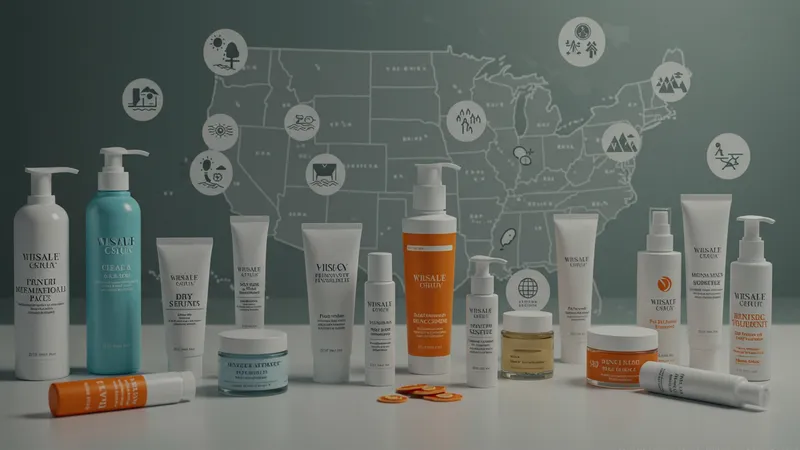
Comparing Skincare Products For Different Skin Types
When exploring the world of skincare, one crucial concept emerges: selecting products based on skin type. This approach is about understanding that every person’s skin has distinct needs—oily, dry, combination, sensitive, or normal—and that each skin type responds differently to various ingredients and formulations. By comparing skincare products with these variations in mind, consumers can make informed decisions that optimize both product performance and skin health.
In the United States, beauty enthusiasts are increasingly drawn toward a personalized skincare regimen. The flood of new products on the market makes it essential to compare cleansers, moisturizers, serums, and sunscreens by how well they suit a specific skin type. Factors like climate, pollution, and lifestyle habits in the U.S. further influence which products perform best for different demographics and regions.

- Cetaphil Gentle Skin Cleanser ($11, drugstore): Highly recommended for sensitive skin due to its non-irritating and fragrance-free formula.
- CeraVe Hydrating Facial Cleanser ($14, drugstore): Targets dry to normal skin types, known for its blend of ceramides and hyaluronic acid.
- PURITO Centella Green Level Unscented Sun ($18, online): A favorite among sensitive and combination skin users for its non-comedogenic, fragrance-free sunscreen formula.
- Neutrogena Oil-Free Acne Wash ($9, drugstore): Popular for oily and acne-prone skin, featuring salicylic acid to control breakouts.
- Vanicream Moisturizing Cream ($16, online/drugstore): Ideal for highly sensitive or allergy-prone skin, as it omits dyes, fragrances, and parabens.
The competitive U.S. market provides hundreds of options, making it challenging to decipher which products deserve a place in someone’s regimen. Each product listed above is a top performer, known for serving a specific skin type exceptionally well—demonstrating how tailoring skincare can drive better results. For example, while Cetaphil’s cleanser is lauded for its gentleness, it may not suffice for those needing stronger exfoliation, whereas Neutrogena’s acne wash addresses excess oil but could feel harsh on dry complexions.
Brand reputation and dermatologist backing are especially influential in the U.S. Among the selections, CeraVe stands out due to its ceramide content, which aligns well with American dermatologists’ emphasis on repairing and maintaining the skin barrier. Meanwhile, Vanicream’s minimalist ingredient list appeals to those seeking to avoid common irritants found in standard drugstore brands.
The pricing of these U.S.-based products reflects accessibility, most falling below $20—a sweet spot that encourages experimentation without major financial commitment. This contrasts with luxury skincare, where high prices can deter consumers from trying formulations tailored to their skin type. Drugstore brands, conversely, make adaptability affordable for a wide American audience.
Importantly, the effectiveness of a skincare product is not absolute but relative to the user. Many Americans report that pairing a gentle cleanser with a skin-type-specific moisturizer improves skin comfort and appearance noticeably. For example, someone with oily skin might pair the Neutrogena cleanser with a lightweight, oil-free moisturizer, reaping maximized benefits from both.
By focusing on skin type, American consumers don’t just follow trends—they select products that truly work for their unique profiles. The deeper details reveal even more valuable insights ahead, including how formulations, ingredient sourcing, and dermatologist recommendations shape the landscape of skincare comparisons in the United States.